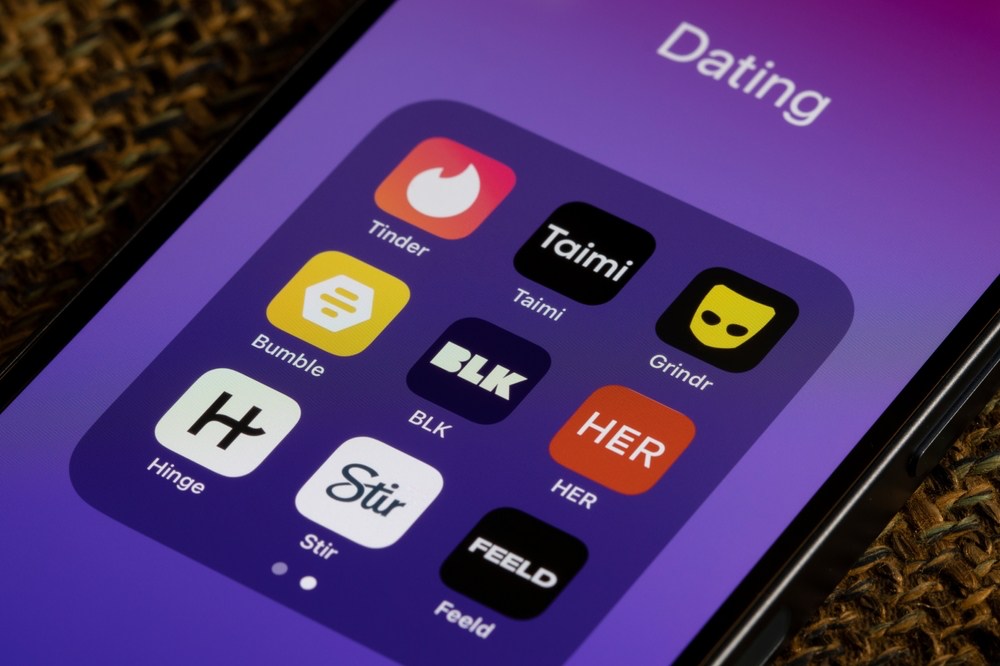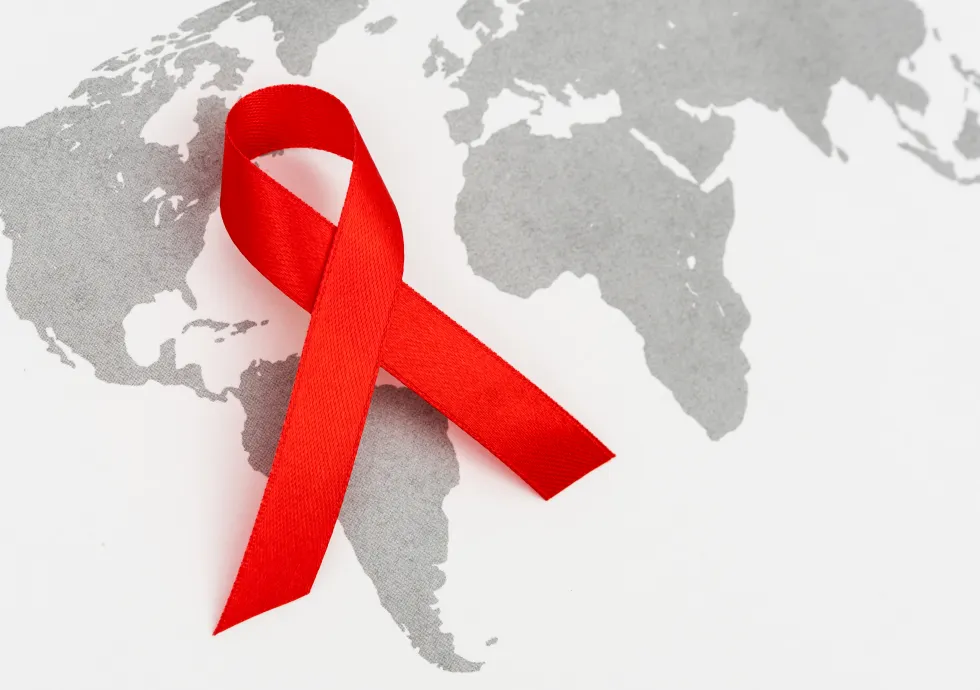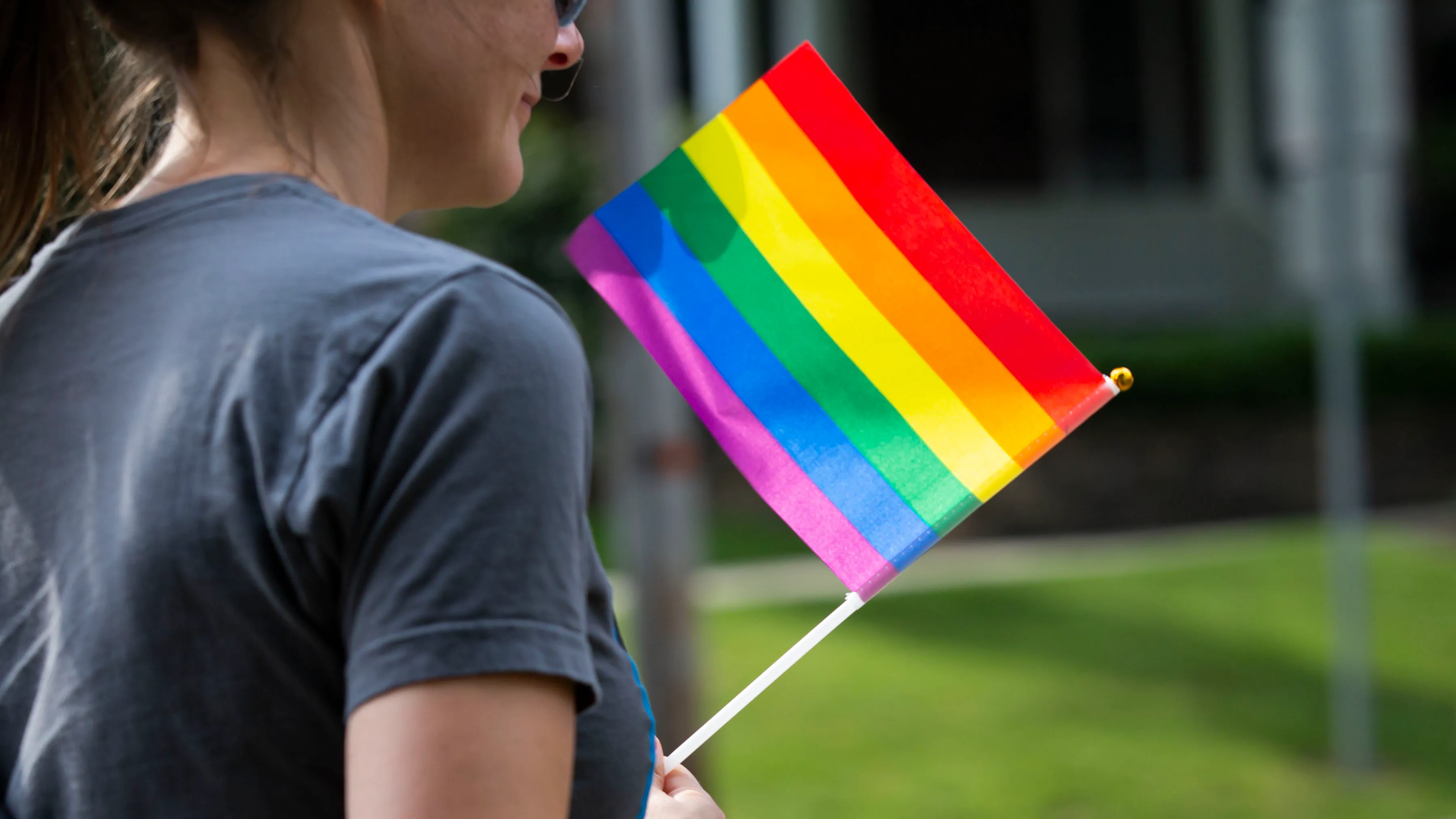In the bustling city of Hyderabad, a disturbing criminal operation has come to light, casting a shadow over the digital dating landscape. A sophisticated blackmail racket targeting gay men has been uncovered, exploiting the trust of individuals seeking connection through dating apps. The scheme, which involves luring victims with fake profiles, secretly recording compromising footage, and extorting them with threats of public exposure, has led to the arrest of three individuals. This case not only highlights the vulnerabilities of online platforms but also underscores the societal challenges faced by the LGBTQ+ community in India, where stigma and fear often silence victims of such crimes.
The Incident: A Trap Set in Ameerpet
The case came to public attention when a 65-year-old man fell victim to a meticulously planned extortion scheme. The individual, seeking companionship, connected with a younger person through a gay dating app. What began as a promising interaction soon turned sinister. The victim was invited to a hotel room in Ameerpet, a busy commercial hub in Hyderabad known for its vibrant markets and IT training institutes. Unbeknownst to him, the meeting was a setup. Once in the hotel room, he was ambushed by accomplices who secretly filmed him in a compromising situation. The perpetrators then demanded a significant sum of money, threatening to send the footage to his family if he did not comply.
The victim, gripped by fear of social repercussions, initially complied with the demands. However, the ordeal prompted him to report the incident to the Panjagutta police, who swiftly acted, leading to the arrest of three men allegedly behind the racket. The police investigation revealed that this was not an isolated incident but part of a broader pattern of exploitation targeting gay men across multiple neighborhoods in Hyderabad, including Kukatpally, Gachibowli, and Banjara Hills. These areas, known for their cosmopolitan vibe and tech-driven communities, had become hunting grounds for the perpetrators.
Modus Operandi: A Calculated Scheme
The blackmail racket operated with chilling precision. According to police reports, the gang consisted of three men—two from Mahabubnagar, a district in Telangana, and one from Nallakunta, a residential area in Hyderabad. They employed a calculated strategy to exploit their victims. The group created fake profiles on a gay dating app, posing as attractive and interested partners to build trust with their targets. These profiles were carefully crafted, often using stolen images or fabricated personas to appeal to their victims’ preferences.
Once a connection was established, the perpetrators would arrange a meeting at a predetermined location, typically a hotel or a secluded farmhouse. One member of the gang would meet the victim, engaging them in conversation to lower their guard. Meanwhile, the other two accomplices would remain out of sight, waiting for the opportune moment. When the victim was in a vulnerable state—often partially undressed or otherwise compromised—the accomplices would burst into the room, recording the encounter on their mobile phones. The footage became the tool of extortion, with threats to leak it to the victim’s family, friends, or even online platforms unless hefty payments were made.
In one particularly egregious case, a city-based doctor was lured to a farmhouse under the pretense of a romantic rendezvous. After being plied with alcohol to impair his judgment, he was secretly photographed in a compromising situation. Days later, the gang demanded ₹2 lakh (approximately $2,400 USD) to keep the images private. To intensify the pressure, the perpetrators employed a psychological tactic: they sent fake payment screenshots, claiming that the victim’s initial payments had not been received, thereby demanding additional sums. This relentless manipulation ensured that victims, already paralyzed by fear, continued to comply.
Societal Context: The Weight of Stigma
The success of this blackmail racket hinges on a harsh reality: the pervasive social stigma surrounding homosexuality in India. Despite significant legal progress, such as the decriminalization of homosexuality in 2018 through the landmark Supreme Court ruling on Section 377, societal attitudes remain deeply conservative in many parts of the country. For many gay men, particularly those who are not openly out, the threat of exposure carries devastating consequences—potential ostracization from family, loss of employment, or public humiliation.
The victims of this racket, many of whom are educated and employed professionals, were particularly vulnerable to these threats. As a senior police officer noted, “Most of the victims are educated and employed, but they’re afraid of the social consequences. We believe there are many more who haven’t reported the crime.” This fear of stigma not only emboldened the perpetrators but also deterred victims from seeking help, allowing the racket to operate undetected for an extended period.
The cultural context of Hyderabad, a city that blends tradition with modernity, adds another layer to this issue. Hyderabad is known for its rich history, from the grandeur of the Qutb Shahi dynasty to its emergence as a global IT hub. Yet, beneath its cosmopolitan surface, conservative social norms persist, particularly regarding issues of sexuality. For the LGBTQ+ community, navigating this duality can be challenging. Dating apps, which offer a semblance of anonymity and safety, have become vital spaces for connection. However, as this case demonstrates, these platforms can also be exploited by those seeking to prey on vulnerable individuals.
Historical Context: The Evolution of LGBTQ+ Rights in India
To fully understand the implications of this blackmail racket, it is essential to consider the historical and legal context of LGBTQ+ rights in India. For decades, Section 377 of the Indian Penal Code, a colonial-era law, criminalized “unnatural offenses,” including consensual same-sex relationships. This law cast a long shadow over the lives of LGBTQ+ individuals, fostering a culture of secrecy and fear. The 2018 Supreme Court decision to strike down Section 377 was a watershed moment, affirming the right to love freely and marking a significant step toward equality.
However, legal change does not always translate to social acceptance. Many LGBTQ+ individuals in India continue to face discrimination, harassment, and rejection from their families and communities. This societal pressure creates a fertile ground for crimes like blackmail, where perpetrators exploit the fear of outing to extort money. The Hyderabad case is a stark reminder that while legal protections have advanced, cultural attitudes and systemic challenges remain significant hurdles.
Police Response and Investigation
The Panjagutta police, upon receiving the complaint from the 65-year-old victim, launched a thorough investigation. Their efforts led to the swift arrest of the three suspects, who were identified as the masterminds behind the racket. The police uncovered evidence of similar incidents in other upscale neighborhoods of Hyderabad, suggesting a well-organized operation that targeted multiple victims over time.
The investigation revealed the gang’s sophisticated tactics, including the use of fake profiles and coordinated ambushes. The police also seized mobile phones and other electronic devices used to record and store the compromising footage. Authorities have since appealed to other potential victims to come forward, assuring them of complete confidentiality. “We are committed to taking firm action against those involved,” a senior officer stated, emphasizing the police’s dedication to protecting victims and dismantling such criminal networks.
Broader Implications: The Dark Side of Dating Apps
The Hyderabad blackmail case is not an isolated incident but part of a growing trend of cybercrimes linked to dating apps. Across India, similar rackets have been reported, exploiting the anonymity and accessibility of online platforms. In Akola, for instance, a senior bank officer was sexually assaulted and blackmailed for ₹80,000 through a gay dating app, with two of the four perpetrators arrested. In Mumbai, a chartered accountant died by suicide after being extorted for ₹2.5 crore over intimate videos. These cases highlight the vulnerabilities inherent in digital platforms, where trust can be easily manipulated.
Dating apps like Grindr, Tinder, and others have revolutionized how people connect, offering unprecedented opportunities for the LGBTQ+ community to find partners in a world where traditional avenues may be limited. However, the anonymity that makes these platforms appealing also makes them ripe for exploitation. Criminals can create fake profiles with ease, luring victims into traps under the guise of romance or companionship. The Hyderabad case underscores the need for greater awareness and safety measures within the online dating ecosystem.
Cultural and Musical Reflections
The themes of trust, betrayal, and societal pressure in this case resonate with broader cultural narratives, including those expressed through music. Hyderabad, with its vibrant cultural scene, has long been a hub for artistic expression, from classical Carnatic music to modern Tollywood soundtracks. The emotional weight of betrayal and the struggle for acceptance find echoes in songs like “Yeh Dil Deewana” from the Telugu film *Pelli Sandadi*, which explores the pain of unrequited love, or even in the soulful ghazals of Hyderabad’s own Jagjit Singh, whose music often delves into themes of longing and societal judgment.
In the context of the LGBTQ+ community, music has been a powerful medium for expressing identity and resilience. Global anthems like Lady Gaga’s “Born This Way” or Indian indie artist Anish Sood’s work resonate with the struggle for acceptance and the courage to live authentically. These cultural touchstones highlight the universal need for connection and the pain of betrayal, themes that are all too real for the victims of this blackmail racket.
Preventive Measures and Community Support
In response to this case, Hyderabad police have issued public advisories urging users of dating apps to exercise caution. Recommendations include verifying the identity of online contacts, meeting in public places, and reporting suspicious behavior immediately. Community organizations supporting the LGBTQ+ community have also stepped up efforts to provide safe spaces and legal assistance for victims of such crimes. Groups like the Humsafar Trust and Naz Foundation have been instrumental in offering counseling and advocacy, helping individuals navigate the challenges of stigma and exploitation.
Technology companies, too, have a role to play. Dating apps must invest in robust safety features, such as enhanced profile verification and reporting mechanisms, to protect users from predatory behavior. The Hyderabad case serves as a wake-up call for both users and platforms to prioritize safety in the digital age.
Conclusion
The Hyderabad blackmail racket is a chilling reminder of the vulnerabilities faced by the LGBTQ+ community in India, where societal stigma and legal progress exist in uneasy tension. The arrest of the three perpetrators marks a step toward justice, but the broader issue of exploitation through dating apps demands ongoing attention. By fostering awareness, strengthening legal protections, and promoting cultural acceptance, society can work toward a future where individuals can seek love and connection without fear of betrayal or harm. The resilience of Hyderabad’s diverse community, coupled with its rich cultural heritage, offers hope that such challenges can be overcome through collective action and empathy.
















0 Comments